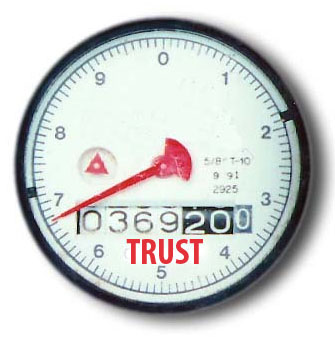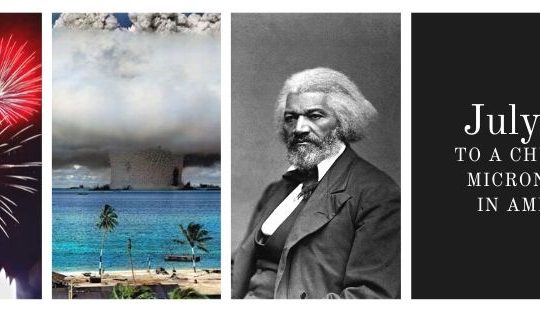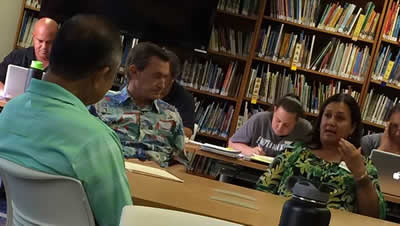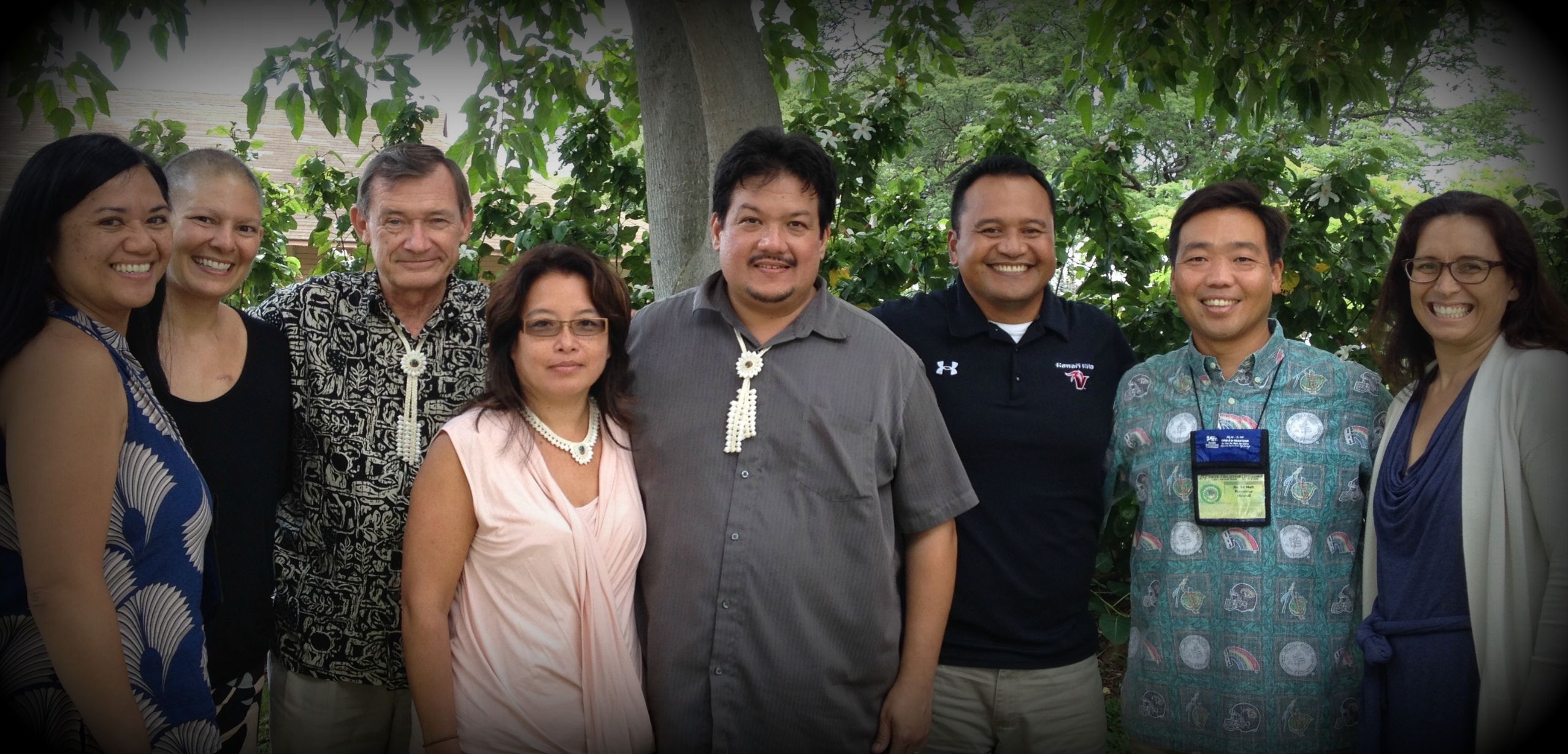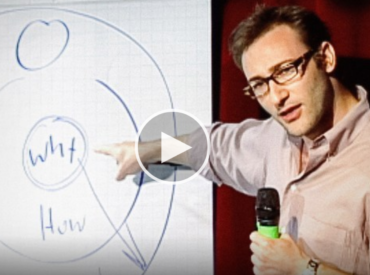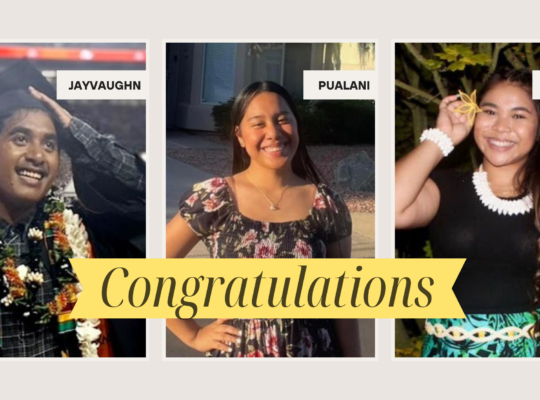“To study education is to study experience and life…Experience is the stories people live.” John Dewey
What do I need to know?
I need to know how a small migrant Micronesian community in Hawaii seems to have what it takes to succeed in their adopted homeland.
Why do I need to know this?
In Hawaii there seems to be an abundance of negative media coverage about the Micronesian people who are the newest immigrants to the State of Hawaii and the United States. These stories range from homelessness to lack of parental involvement in schools, from health care access to high truancy rates in schools, racial discrimination caused by Micronesians to the population’s use of social services impacting the State’s financial resources. If one only reads the media coverage, one would easily believe that the Micronesian diaspora has no redeeming values to their existence in Hawaii.
What’s missing in these political and educational discourses is the positive stories of the Micronesian people. One of these nuggets of success seems to be found in the Remathau community who are the descendants of the renowned pwo (master navigator) the late Papa Mau Piailug. This community most of whom followed Mau to Kona and the Waimea areas on the Big Island is thriving. The parents and community leaders are involved in schools; they have build partnerships with the area complex administrators to support their own after-school programs at their home base in Kona. They celebrate their cultural heritage with pride including a very unique graduation ceremony for their children. From an outsider – insider perspective this community could possibly become a role model for other Micronesian communities in Hawaii and the United States.
That story, their story, and their viewpoints must be told. It must be told in the language of academia to hopefully support them in their continued existence. I feel compelled to tell this story from an indigenous research perspective.
Where will I find this data?
The data will be mined from respectful relationships within the Remathau community through sharing circles (focus groups), formal interviews of the key leaders of the Remathau community, observations and informal talks with members of the Remathau community during community events, notes and audio tapes from ad hoc committees for specific events, documentaries of the Mau Piailug and the islands from which the Remathau people originated, and anthropological articles and books about the various islands in that region of Micronesia. Throughout the engagement (data collecting) phase I will maintain detailed memos and reflections to myself to help me remember the values being attained.
What kind of data will answer these questions?
The data will be mostly qualitative in nature collected through the various means above. The data will hopefully clarify the specific or general values, attitudes, and actions taken by the Remathau community.
Whom do I contact for access?
I will start with the key leaders of the Remathau community in Kona and do snowball effect in getting others involved.
